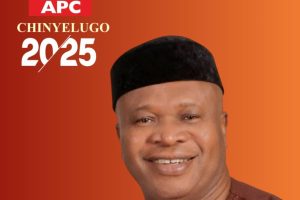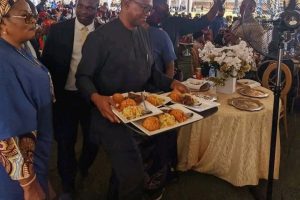
Tope Fasua, Special Adviser to President Bola Tinubu on Economic Matters, has defended the government’s policy of a weaker currency, describing it as one of the country’s best economic strategies.
Fasua argued that the devaluation of the Naira has shifted business focus toward local sourcing of raw materials and reduced the frequency of overseas travel, especially among the middle class.
In an interview with Arise TV on Monday night, Fasua explained that the low performance of the Naira against other currencies has prompted Nigerian businesses to prioritize local production over imports. “We’re focusing more on what Naira can do, on what we can do ourselves, and on Nigerian raw materials. Many manufacturing companies have now started sourcing local raw materials rather than importing them,” Fasua said.
He also noted that the current exchange rate has led to a decrease in the number of Nigerians traveling abroad, especially the middle class. Fasua pointed out that in the past, many Nigerians would travel multiple times a year for business or leisure, but that is no longer the case. He also addressed the issue of Nigerians studying abroad, stating, “How come Nigeria is the third or fourth country with the highest number of university students in the U.K. and the U.S. despite being only 200 million people? This means we’re putting so much money into education abroad—not necessarily because our education system is a failure, but because of aspiration.”
Fasua defended the weaker Naira as a catalyst for change, arguing that it has helped to shift focus inward and made Nigerians more self-reliant. He also rejected criticism that the country should compare its economic progress to that of long-established Western nations. He emphasized that many Nigerians who complain about a lack of work have simply chosen not to work. “For those who want to work, there is work in this country,” he said, asserting that opportunities are available for enterprising individuals.
Fasua further stressed that it was unrealistic to expect Nigeria to match the economic progress of Western countries that have had centuries of development. “The fact that we are rubbing shoulders with countries like China, with over 1.4 billion people, despite being only 200 million, is an achievement in itself. We have to acknowledge that growth takes time and that we must be patient and realistic in our expectations,” he said.
According to Fasua, the current state of the Naira, while challenging, has pushed Nigerians to focus on local solutions and become more resourceful, ultimately strengthening the country’s economy.





